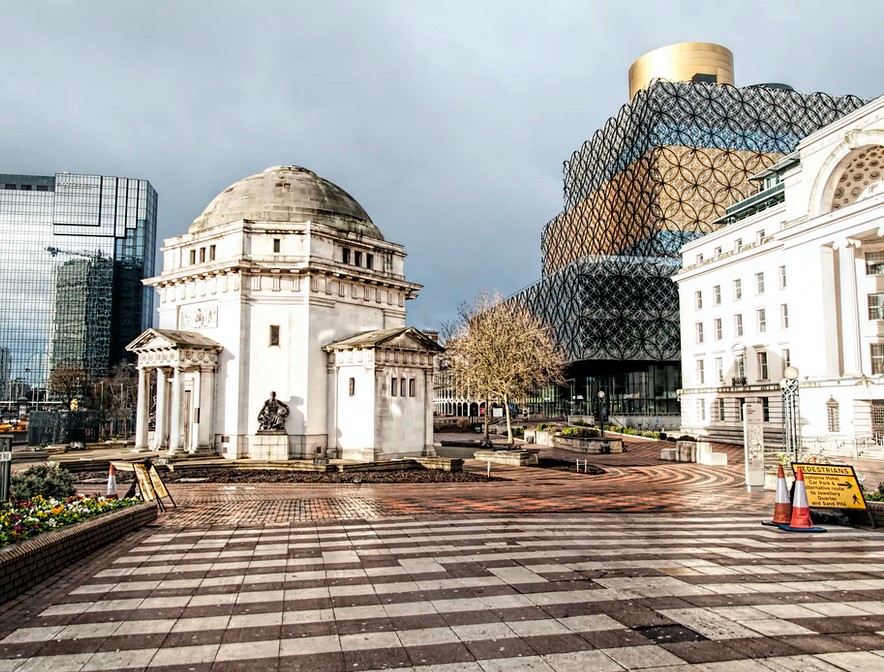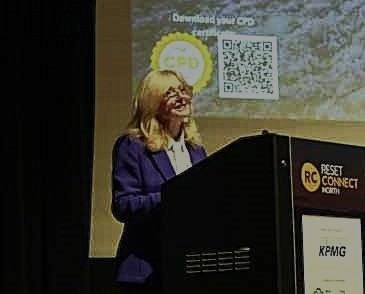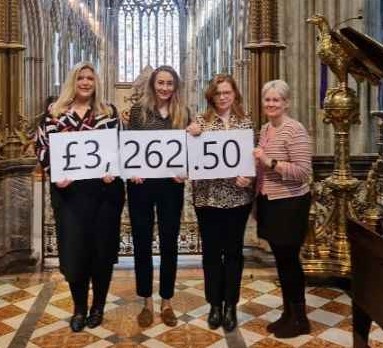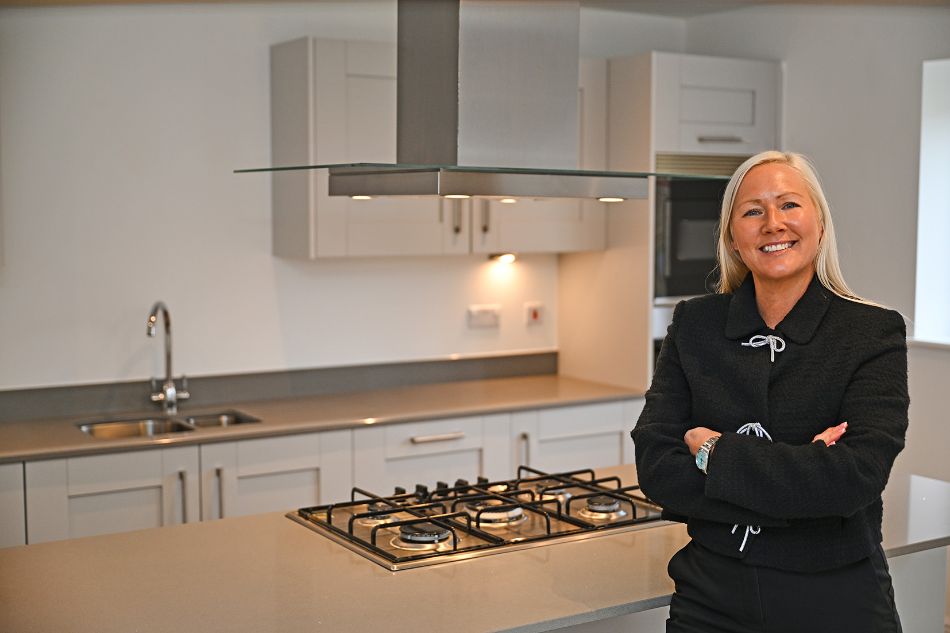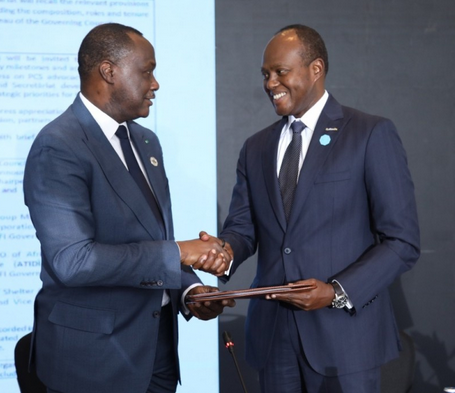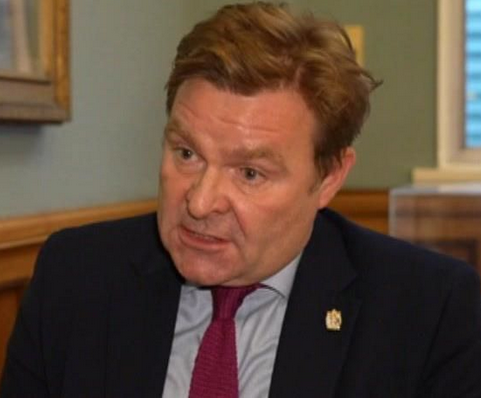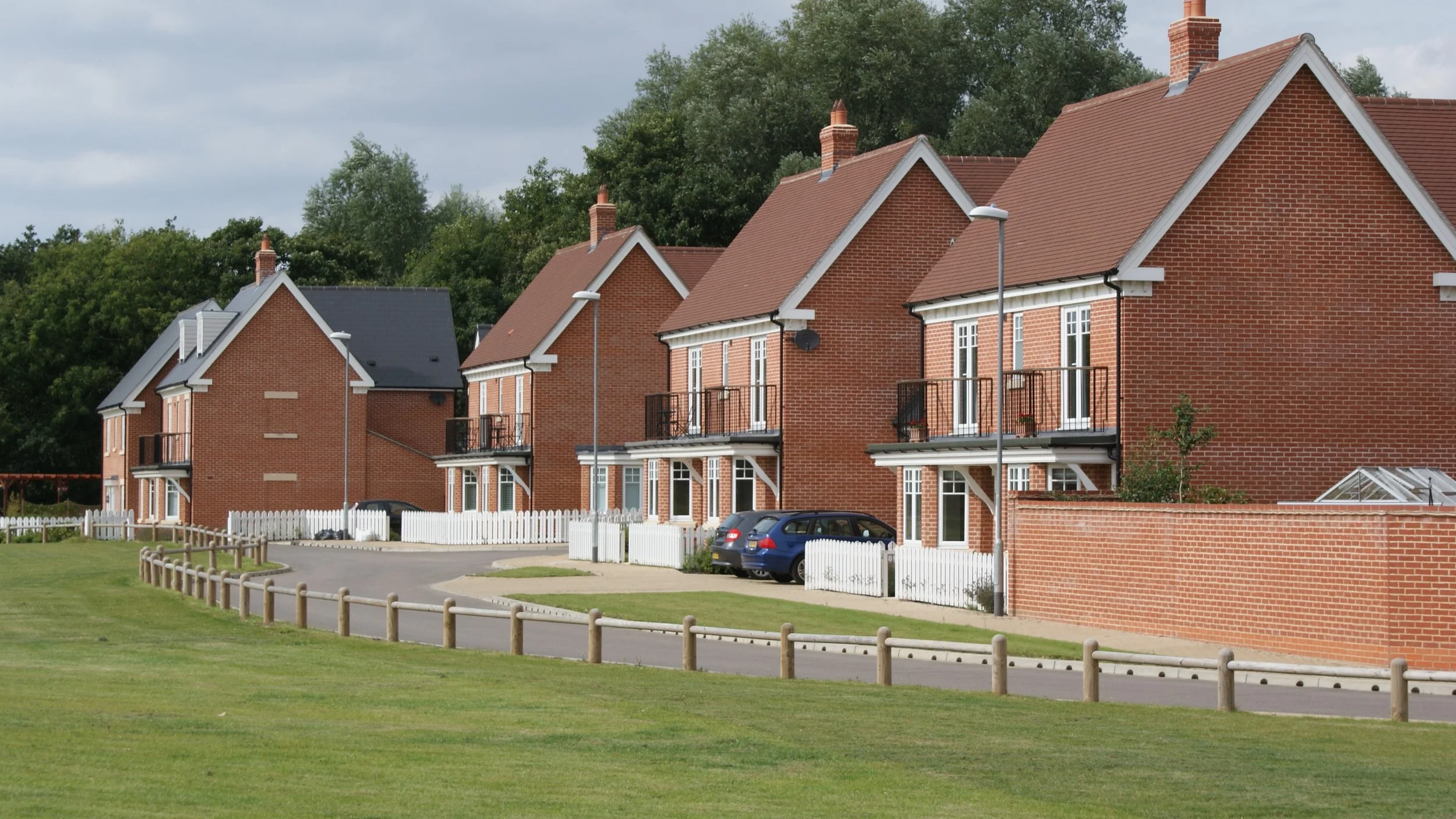The Birmingham Clean Air Zone (CAZ) is a “necessary action” to help create a healthier city, but a more joined-up approach is needed, according to leading researcher Anastasia Nikologianni.
Anastasia, part of the Critical Artistic Thinking in Design (CATiD) research hub, has chaired numerous events on the climate crisis and sustainability, including a recent festival organised by the Landscape Institute on greener recovery. With air pollution contributing to over 900 deaths per year, Anastasia believes that the CAZ will go a long way to addressing the environmental and health challenges we face.
“It’s a necessary action,” Anastasia says. “It is part of Birmingham’s Route to Zero action plan, as well as the Government’s plans for cleaner air. It’s a step forward in the right direction.” While the CAZ is a “great step ahead”, Anastasia feels it cannot be the only medium used to regenerate Birmingham.
“It needs to fit with a greater approach for the city that allows commuters and residents to use alternative ways to travel towards and out of the city centre. We still need a holistic approach that will build a greater vision for the city and the region.”
Anastasia is currently working on a future vision for Birmingham within the CATiD hub, the National Park for the West Midlands (WMNP), which has been formally recognised by the West Midlands Combined Authority as a vital tool in greener recovery.
“My view is that a close collaboration with the city and the region can have remarkable and unique results,” she says. “The WMNP lab will build and support the creation of an overall vision for our region where necessary actions, such as the CAZ, can be implemented in the right way.”
To be truly successful, other actions relating to the climate crisis need to be addressed, according to Anastasia. “Transport, energy, housing, waste and more are all significant aspects of a sustainable city. These elements need to be seen as a whole and not as individual areas that are dealt with separately.”
“Often in the pressure to make something happen and meet regulations, we only look at numbers. For a city to be truly sustainable, the decision-making process needs to change. Policy needs to protect these new and often hard-to-understand asks, such as quality of space and quality of life.”
Anastasia believes all of us can do something to make a difference to tackle the climate crisis. “Sometimes we think just being one person means we cannot do anything, but that’s not true,” she says.
“Yes, we need to the top-down approaches that will be implemented at a national, regional and city level, but the bottom-up actions are necessary, too.” Starting with the simple things, Anastasia believes, will be crucial.
“Take a moment to understand what your carbon footprint is, how you can reduce it, and start introducing small behavioural changes in your daily life,” she says. “That might be turning your lights off, getting your own water bottle, using alternative transport or volunteering in your neighbourhood.”
Birmingham’s Clean Air Zone comes into force on the 1st June 2021. Businesses based in Birmingham affects you, should visit the #brumbreathes website for full details.



